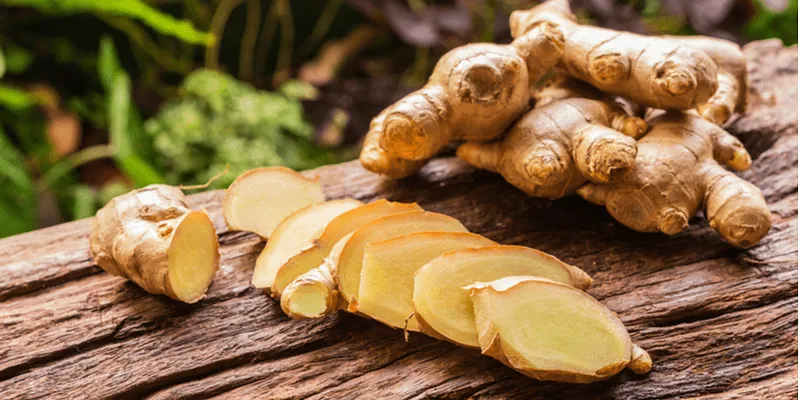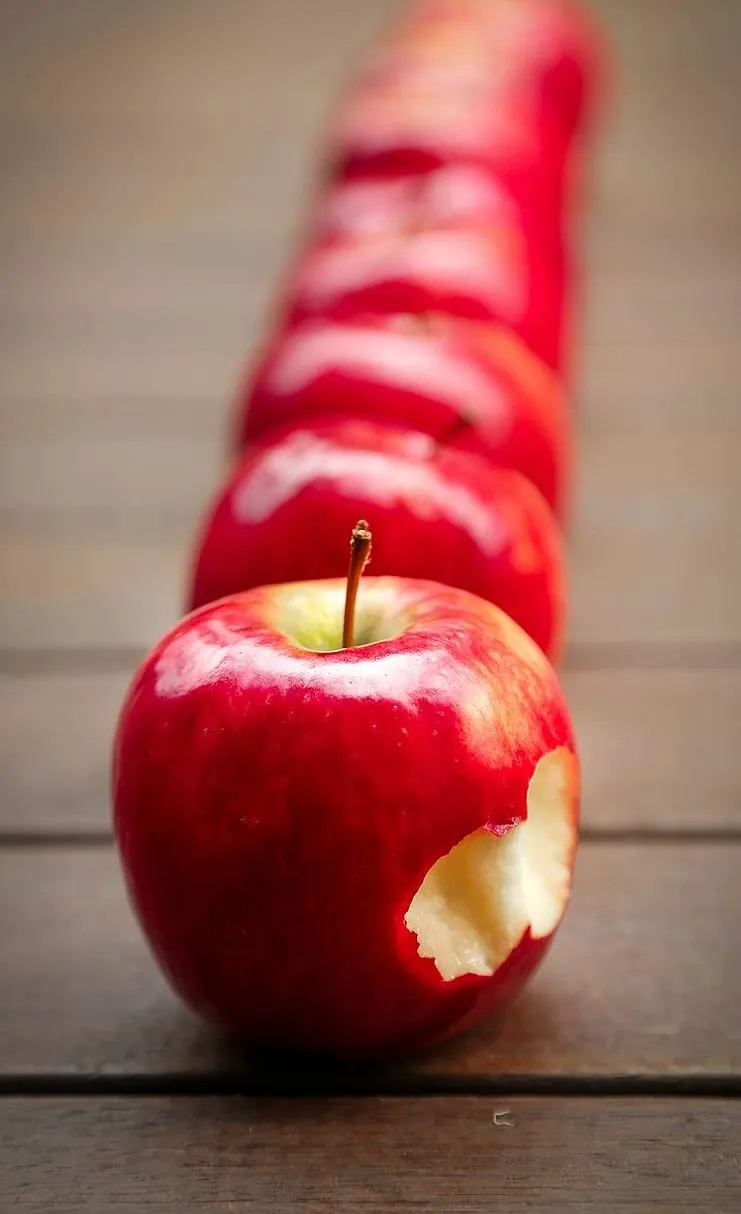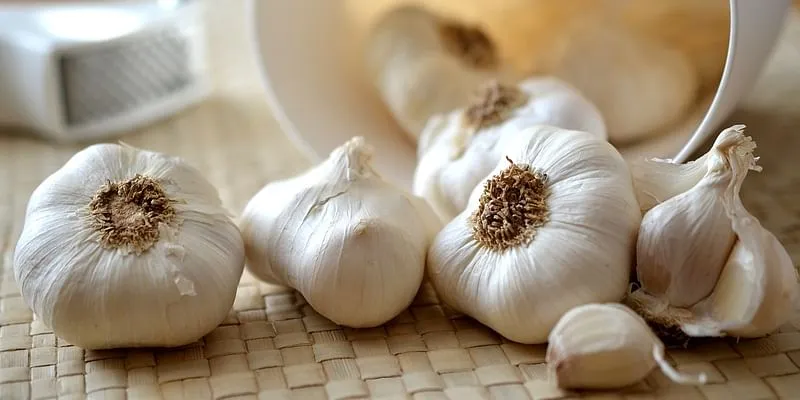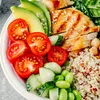Try these 10 antiviral foods to beef up your immunity
Some people have been going overboard with so called immune boosting foods during the pandemic. However, adding foods that help immune function can be a great support for your body, provided it is not overdone.
Food is a powerful epigenetic factor. Making sure that you are not eating highly inflammatory foods is the first step to a stronger immune system. Eating foods that you are sensitive to and then taking antihistamines can be a lethal combination as it weakens your immune system. Adding foods that help immune function can be a great support for your body, provided it is not overdone.
The common trend that is being noticed during the pandemic is going overboard with so-called immune-boosting foods. Consuming foods that are potent, like turmeric, and overdoing it is actually detrimental. You might not be able to tolerate these potent foods in high amounts. There is an ancient saying that anything is poisonous in excess. Moderation is the key to foods, which are meant to be consumed in small amounts, like spices.
Are there anti-viral foods?
The main thing to wrap your head around is that the best thing for the immune function is to not eat inflammatory foods or foods that you are sensitive to. The top inflammatory foods are gluten, dairy, refined sugar, GMO corn, soy, farmed eggs, and processed peanuts. Avoiding these foods can make your body less sensitive to other foods.
One thing that I want to mention here is that many people run expensive allergy tests and eliminate the long list of foods that they get red-flagged on. When your allergy test shows a long list of food sensitivities, you need to remember two things. Firstly, you are gathering data based on a snapshot in time and this could change every few months. The second aspect is that it only shows a highly inflamed system. It might not mean that you are sensitive to those foods alone. Begin by eating a whole foods diet with organic fruits and vegetables, clean sources of protein, healthy fats in plenty, and not using refined oils. Beyond that, what are the anti-viral foods that you should include?

Grand old ginger
While taking tons of ginger can be dangerous, using ginger every day can be very supportive. Ginger contains natural compounds called gingerols, which behave very similar to a cough suppressant. I find using fresh ginger is the best way to use this. You can blend a small piece of ginger and have it as a ginger lemon soda or as a warm tea.
Fermented foods
Foods with probiotics are a great way to create a robust microbiome, one that is rich in variety and diversity. If you can make some sauerkraut at home, taking a teaspoon with your meal can be wonderful. One thing to note here is that fermented foods can also create challenges for some people. If you have conditions like hives, skin allergies, or any reaction, stay away from them. Fermented foods are helpful only in moderation. Overdoing them will not be helpful.

Image source: Pixabay
Apples
Apples are great, but probably do not get enough appreciation. They contain two specific compounds that help your body tremendously. Pectin is a gut-healing nutrient that is released in plenty when you eat stewed apples. Quercetin is a natural antihistamine and anti-inflammatory. It allows your body to calm down allergies and is supportive of immune function. Get them from a clean source where you can wash them and eat the skin.
Oregano
I truly celebrate the power that lies within herbs. I use them every single day. Oregano has always been a personal favourite, mostly because I have seen how powerful its antimicrobial properties are. You can blend a bunch of fresh oregano with some soaked cashew nuts, garlic, lemon, olive oil, and salt to make a great dairy-free herb spread. It tastes amazing and is so effective!
Coconut oil
While there continues to be controversy regarding saturated fats and coconut oil, in particular, I stand by the strong tradition of India. Research has also found that a diet with saturated fats was correlated to producing more antibodies as compared to a low-fat diet and that lipids can influence immune function.
Coconut oil also has a high smoking point and is one of the safest fats for cooking. When you consume fats that do not have a high smoking point, they can create oxidative stress in the body impacting cellular and mitochondrial function, therefore impacting immune function as well.
Tulsi
There is a reason that traditional homes always had a planter of tulsi. People would take a few leaves and chew them every day. With the sudden popularity of tulsi teas, it is just bringing back importance to an age-old immune star. We still boil fresh tulsi leaves, coriander seeds, ginger, black pepper, and honey to make a kashayam, at the first signs of a cold, cough, viral or flu. For convenience sake, you can use tulsi tea bags every day, but if you have the option of using fresh tulsi leaves, please celebrate it in all its glory.
Garlic
Egyptian Pharaohs used garlic as a powerful healing food and one that could fight away infections. Garlic is potent in its antimicrobial actions. I recall a few months post returning from the ashram twenty years ago when I stopped eating garlic for a few months and found myself having recurring infections. Garlic is a natural antiseptic and will help fight a virus.

Image source: Pixabay
Arugula
You might hate arugula for the strong flavor, but this bitter leafy green is a powerful liver-supportive food. The health of your liver is very much connected to your immune function. Helping your body detoxify is the first step towards better immunity. Combine arugula with grated beetroot, cooked red kidney beans, tomatoes, oregano, olive oil, lemon, and salt for a great meal!
Amla
Once more, a fairly forgotten food that is being brought back to popularity. If you have never used amla then it might not be advisable to begin when you are struggling, but it is a great time to start right now if you want to protect yourself from a virus. You can drink fresh amla juice on an empty stomach if you have access to the fruit. You can also use amla powder with some honey. My evening snack is actually a spoonful of chyawanprash that is loaded with amla. Make sure you get it from a source, which does not fill up with sugar!
Fresh turmeric
This is a time that you have some access to fresh turmeric root, but using many spoons of it as a way to boost immunity is dangerous. Please do ignore the advice of anyone who asks you to have turmeric shots as it can trigger problems in many. Chop it up fine and mix it with lemon and salt and use a small teaspoon with your meal, like you would use a pickle or condiment.
Beyond all of this do remember that everyone is unique. Listen to your body. If you notice adverse reactions, always take notice and be cautious with anything. When you know a food is great, it may not always mean that more is better.
Edited by Megha Reddy








